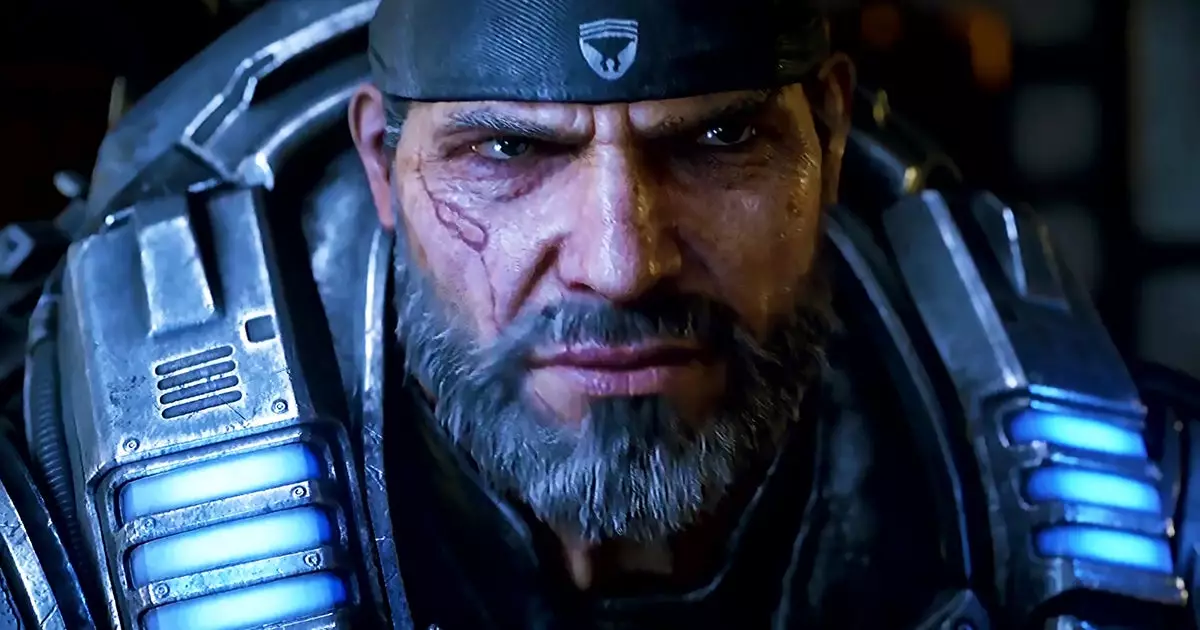As anticipation swells for the upcoming Gears of War prequel, Gears Of War: E-Day, many fans are left pondering the fate of Gears of War 6. With the franchise’s history deeply embedded in its original setting, the question arises: Should the series venture off into the cosmos, as suggested by former Gears of War director Rod Fergusson? Or would it be wiser to deepen the narrative within the established world of Sera?
During a recent episode of IGN’s Podcast Unlocked, Rod Fergusson—who has since shifted his focus to Diablo 4—discussed his ambitious vision for Gears of War 6, which intriguingly included plans for a space narrative. Although Fergusson acknowledges the decision to explore prequel territory as a reasonable one, it has inevitably diverged from his original aspirations for the franchise. His ideas revolved around utilizing advanced rocket technology from the Union of Independent Republics (UIR) that surfaced in Gears 5, indicating a palpable shift from the familiar battles on Sera to a broader cosmological stage.
However, while Fergusson’s concept of expanding the narrative beyond Sera may offer exciting possibilities, there is an argument to be made for the strength of establishing a rich, layered story within the existing environment. The notion that Gears of War should remain tethered to Sera emphasizes the core elements that made the franchise a beloved staple in the gaming community. The universe is saturated with lore, character depth, and untold narratives waiting to be further explored, which could provide a fresh angle without the need to journey into space.
Instead of discarding existing characters like JD Fenix and others, perhaps it would be beneficial for the developers to rethink character arcs and introduce new, dynamic personalities while still resting within this familiar landscape. A pivot to character-driven storytelling could stabilize ties to the original trilogy, deepening the emotional geography of the game while maintaining ties with established players. This might also usher in new gameplay mechanics, particularly if the series touches upon elements of survival horror, reminiscent of its earlier entries.
Reviving thematic concerns such as survival horror could resonate well in a world that feels increasingly desolate. By amplifying the threats that loom heavily on Sera, the developers can capture the anxieties of both the characters and players. After all, the most poignant Gears experiences emerged from the despair and trials faced in the face of overwhelming odds.
As Gears of War continues to evolve, developers stand at a crossroads. Will they boldly take the narrative to space, or will they embrace the rich tapestry of stories that Sera has yet to unravel? The choice involves finding the right balance between innovating and respecting the legacy of what made Gears of War iconic in the first place. Fans crave storytelling that evokes deep emotions and well-rounded characters, and the path to achieving that may very well lie within the evocative depths of Sera itself.

